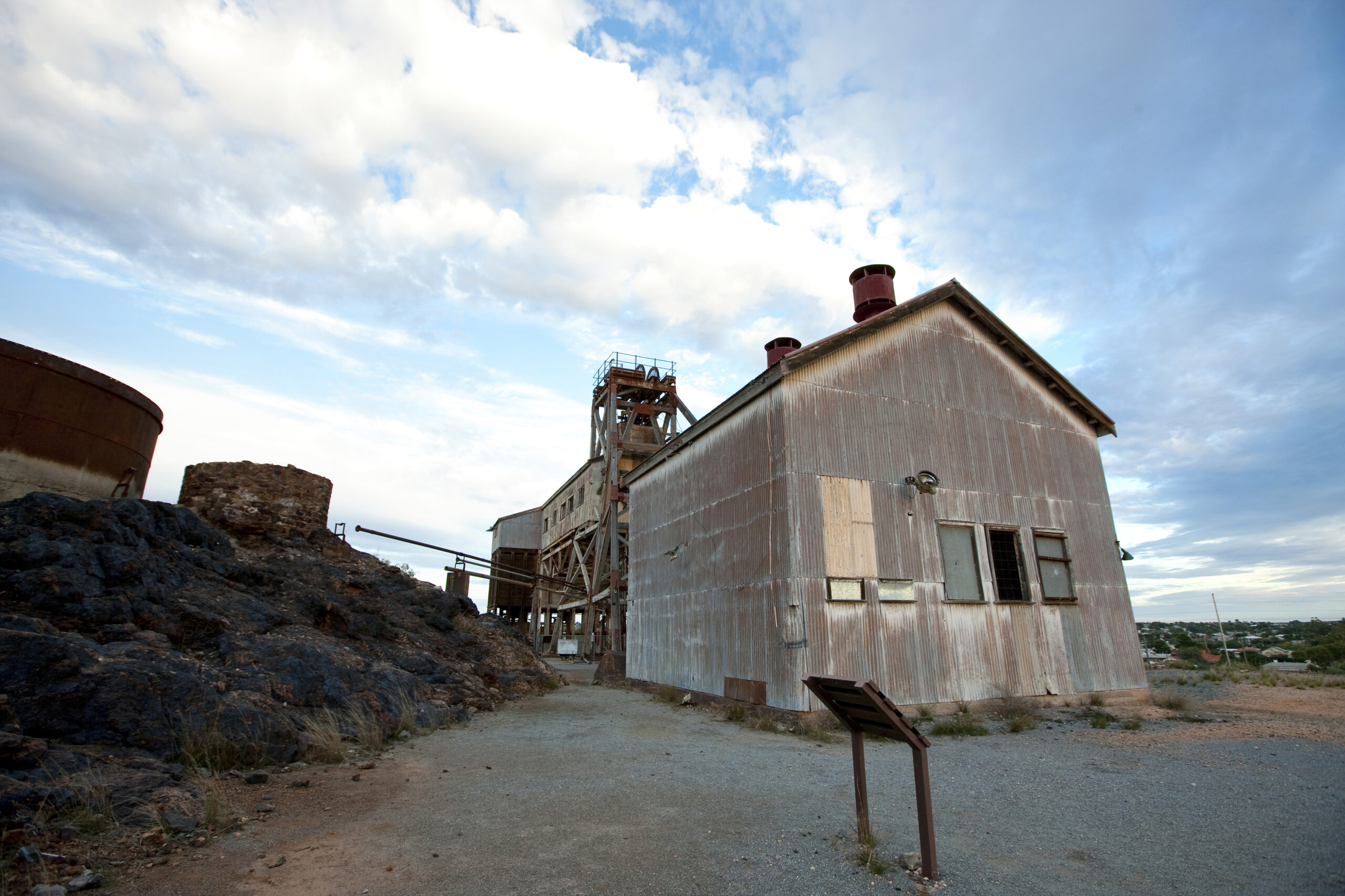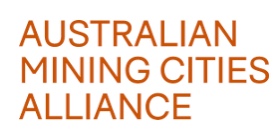
Our VISION
Our MISSION
The Australian Mining Cities Alliance has grown from strong foundations.
It’s fair to say that the last few years have seen great development of AMCA on top of the firm foundations set by Founding Chair the Hon John Bowler and his fellow Founding Directors Joyce McCulloch and Darriea Turley since it was created in 2017.
In appointing an Executive Officer, the Board has created a resource to develop and drive the organisation and its activities to new levels. To improve the economic, social and environmental standards and sustainability for mining cities and regions.
The appointment of a Treasurer and the establishment of an Operational Committee have also been instrumental in making AMCA stronger and more professional.
The Board has overseen the establishment of more effective and more rigorous governance. It has adopted key strategic documents that define what AMCA stands for and where it wants to go in advocating on behalf of mining communities.
The Board has also been active in its advocacy and has been successful in establishing working relationships with key decision makers on Government and Opposition along with relevant government departments and agencies and industry peak bodies.
AMCA has made numerous submissions and conducted delegation visits to Canberra on several occasions advocating on priority issues including affordable housing, critical minerals mining outlook, transformation planning for mining communities affected by decarbonisation, reliable and affordable services (including health, child-care, air transport etc), impacts of FIFO employment practices and return of mining royalties to the regions for investment into infrastructure and services.
It has also been an active participant in the ‘More Than Mining’ campaign to call for changes to FBT concessions for mining community house owners and renters which the Government has acknowledged.
AMCA has been developing constructive working relationships with other national peak bodies like the Australian Local Government Association, the Minerals Council of Australia and the Climate Change Authority.
As a direct result of its advocacy, AMCA has been invited by the Government to participate in various inquiries and consultations.
Governance and Management
The components that comprise the Governance and Management Framework are currently as follows;
Member Councils – each with a constitutional, reputational and financial stake in AMCA are the primary entities. Their main role is in determining matters collectively at Members’ Meetings under the Constitution.
Members’ Representatives - each Council appoints a Members’ Representative to attend and participate in the Members’ Meetings. Good governance would dictate that the Members’ Representatives should not be Directors of the Company as it is the Members’ Meetings whereby the board is held to account should it be necessary.
Directors – under the Constitution, Directors are appointed by the Board and act collectively as The Board and are required to conduct themselves in the best interests of the Company (not the Member Council from which they derive). Their role is confined to making decisions collectively at Board Meetings unless authority or responsibility is delegated to them by the Board.
Chair - under the Constitution the Chair is appointed by the Board and is responsible for chairing Board Meetings and Members’ Meetings. The Chair has been delegated authority by the Board to act as a spokesperson for the Company. The Chair is appointed for a two-year term which is due to expire in February 2024.
Deputy Chair – the Board has also appointed a Deputy Chair who is authorised to act as Chair in the chair’s absence. The Deputy Chair is appointed for a two-year term which is due to expire in February 2024.
Company Secretary – under the Constitution and Corporations Act 2000, the Company Secretary is responsible for administering the corporate responsibilities on behalf of the Company. The position is currently contracted through GG People Pty Ltd Pty Ltd and is currently confined to statutory compliance and reporting to ASIC.
Executive Officer – is currently contracted through Stevenson Consulting Pty Ltd and is appointed by the Board (referred to in the Constitution as Chief Executive Officer). The Executive Officer is accountable directly to the Board under the Service Contract however would also work closely with any Committee or Working Group to facilitate their activities. The Executive Officer will also work directly with the Chairperson to facilitate any spokesperson activity. The Board has approved a broad delegation of authority to the Executive Officer.
Treasurer - the treasury and financial management functions are currently performed under contract by an officer from the City of Kalgoorlie-Boulder who has been appointed as Treasurer.
Other Officers
– can be appointed by the Board.
Operational Committee - the former ‘CEO’s Group’ has been transformed into a formal ‘Operational Committee’ with documented Terms of Reference. The Group meets regularly with the Executive Officer to ensure that corporate objectives and operational consistency are achieved and monitor the performance of the Executive Officer. The Committee is also responsible for giving effect to the strategic direction of the Company.
Operational Committee Chair – is appointed by the Operational Committee (aligned with the source and term of the Board Chair). The Operational Committee Chair has been authorised to manage the Executive Officer.
Committees
– if established by the Board are formal components and will act under the Constitution and their respective Terms of Reference.
Delegations and Working Groups – if established by the Board are less formal components but will act under their respective Terms of Reference. Working Group members might include other Officers or Councillors of Member Councils.
